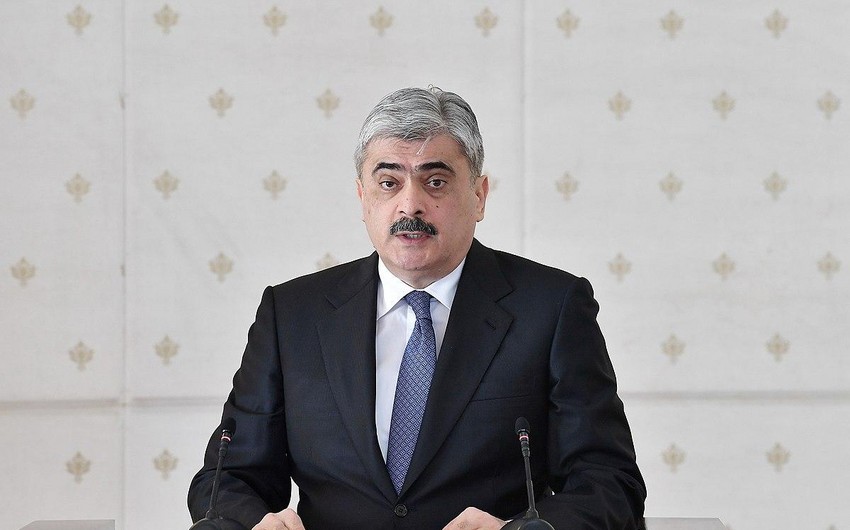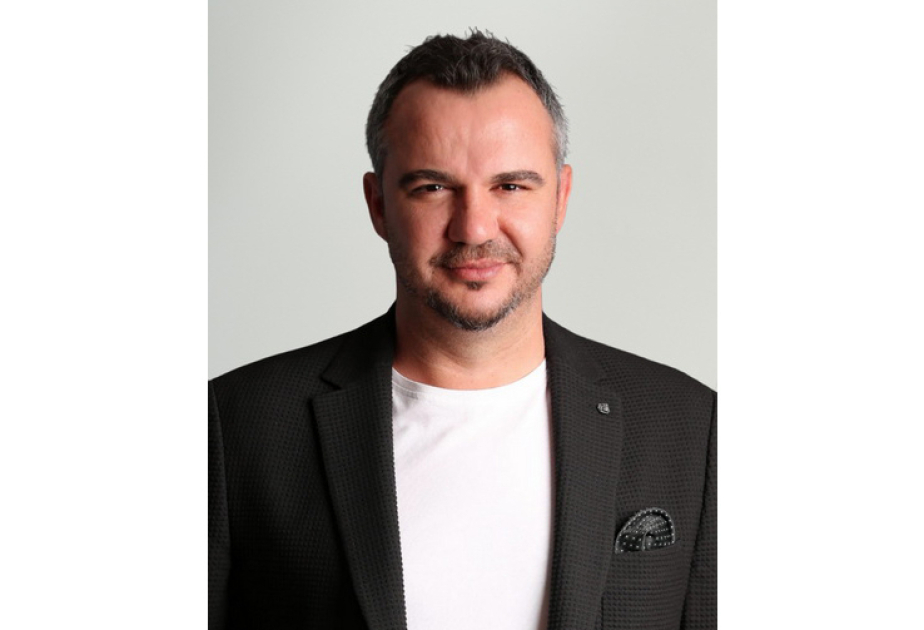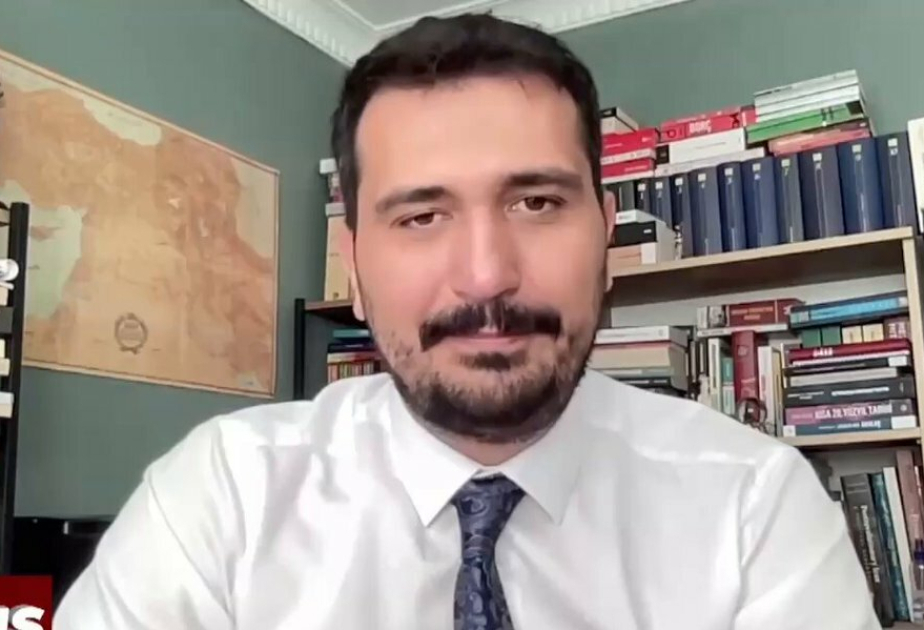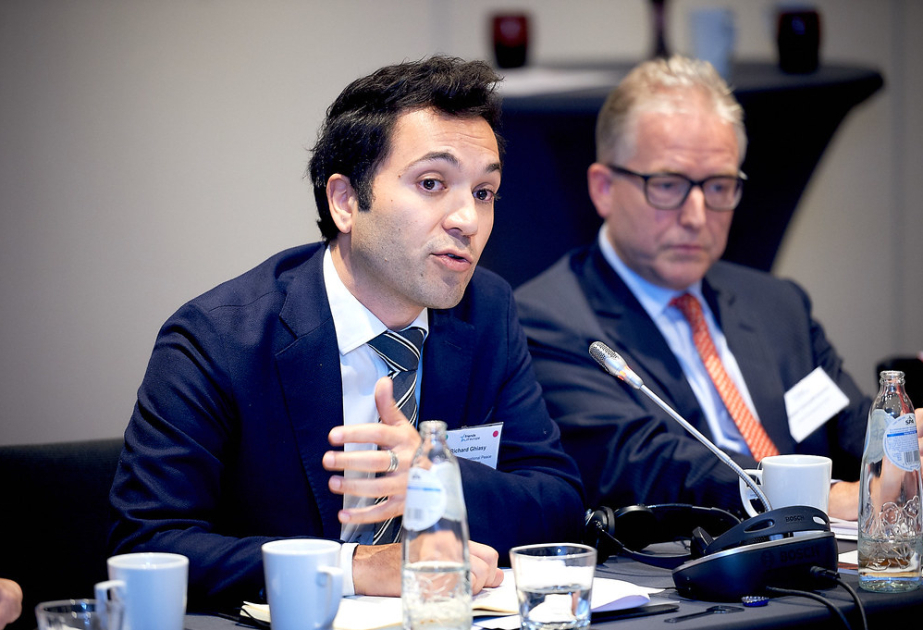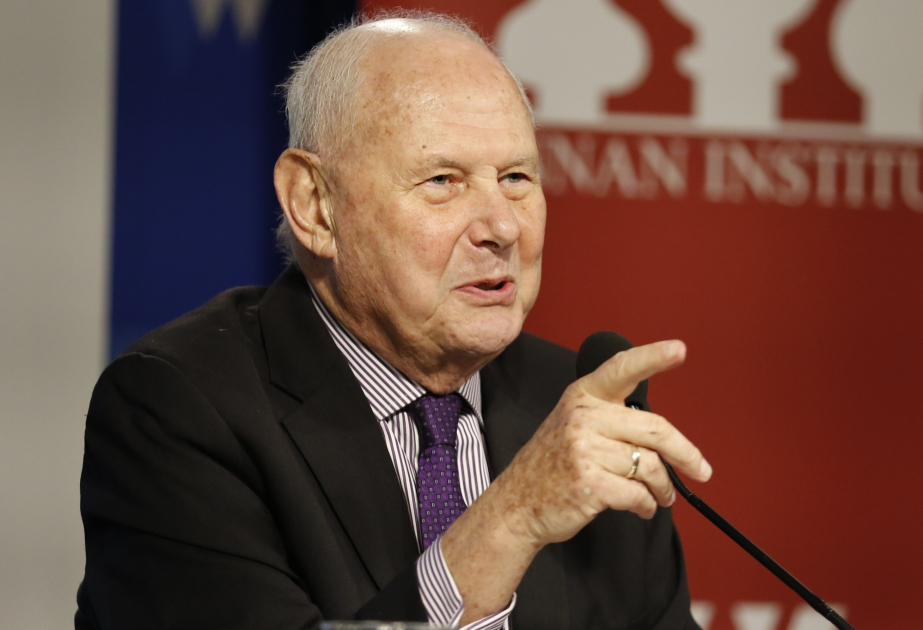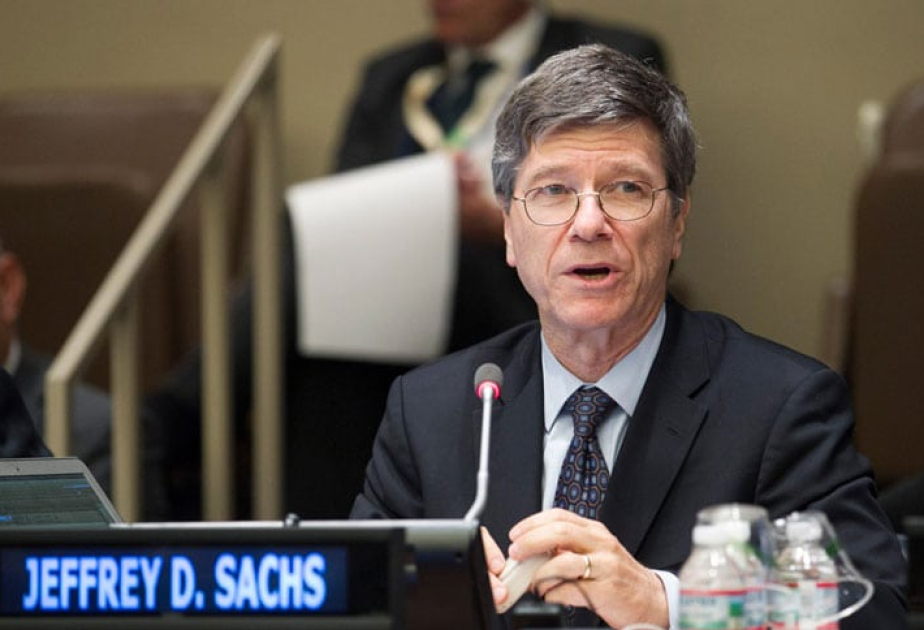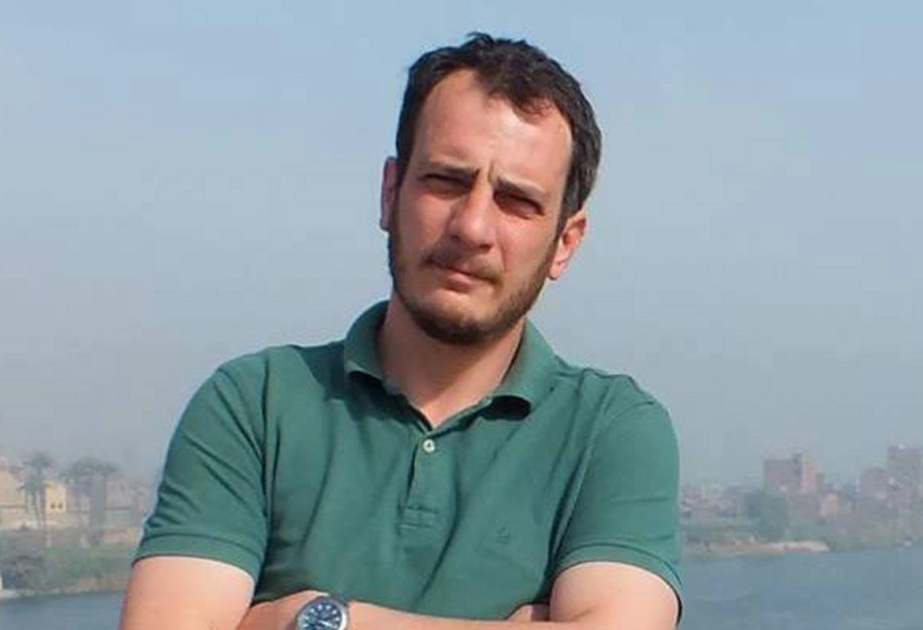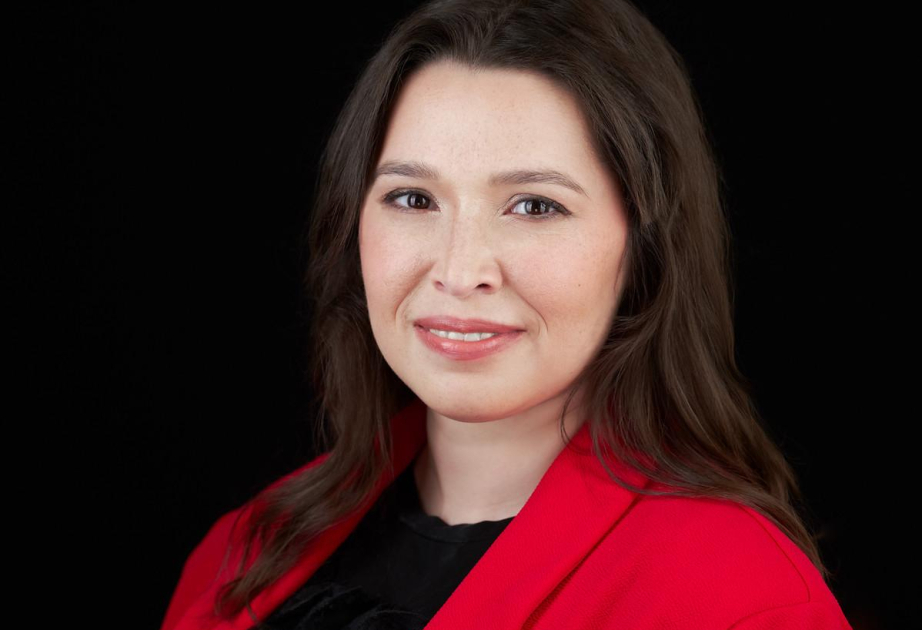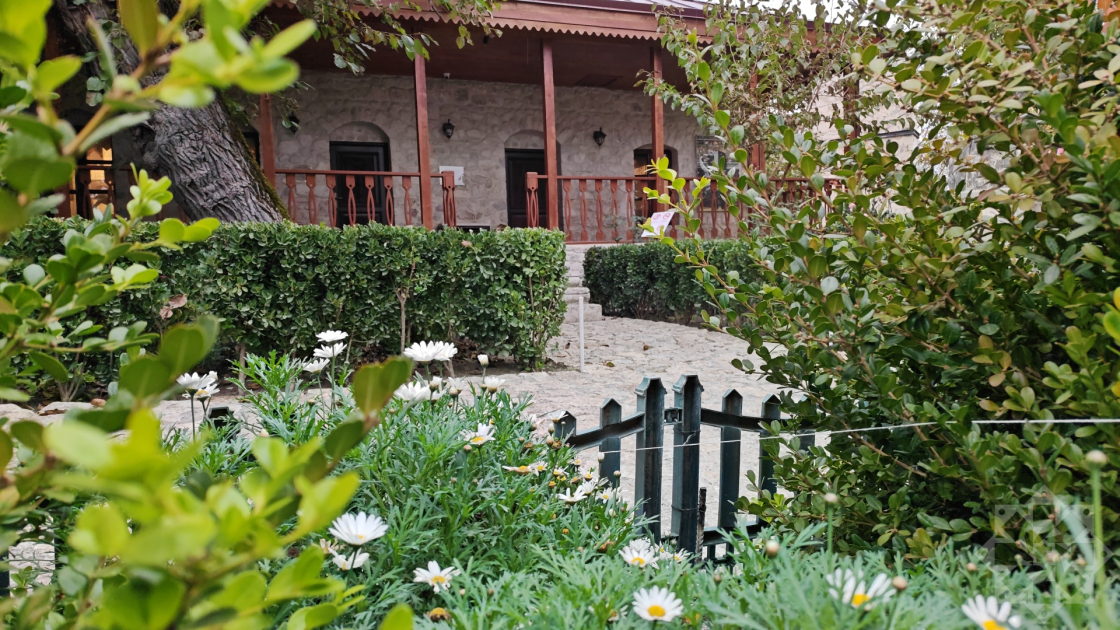Amid global economic instability and climate challenges, Azerbaijan demonstrates its financial stability and attractiveness to investors. Azerbaijan's Finance Minister Samir Sharifov spoke in an interview with Report about raising the country's credit rating, cooperation with international financial institutions and what international investments are planned to be attracted for the green transformation of the economy. On the brink of hosting the biggest climate conference of the year in Baku, we also discussed the work to be done to combat climate change in the country.
Report presents the interview:
- The main topic on the agenda of COP29 to be held in Azerbaijan in November 2024, is the financial issue for combating climate change. Has an assessment of the funding required for Azerbaijan for the climate action been carried out?
- This is a worldwide process. As a country joining the Paris Agreement adopted at the 21st Conference of the Parties to the UN Framework Convention on Climate Change, Azerbaijan has undertaken certain obligations. They are mainly obligations for the emission of carbon gases. In this regard, the State Commission on Climate Change was established under the chairmanship of the Deputy Prime Minister by the order of Azerbaijani President Mr. Ilham Aliyev. Representatives of the ministries of Ecology and Natural Resources, Agriculture, Economy, Foreign Affairs, Finance, Energy, Digital Development and Transport, Health, Emergency Situations and other state bodies were represented in the commission. This commission is responsible for coordinating the progress of these works in the country.
At this time, two main strategic approaches are exhibited. One of them is related to reducing the effects of climate change (mitigation), and the other is related to adapting to these effects (adaptation). Both funds and appropriate plans are required to ensure these measures. Currently, the diagnosis of these cases is being carried out. At the same time, in the last two years, the allocation of financial resources for climate issues has been started in the state budget with separate articles.
- Is the government of Azerbaijan considering the possibility of increasing the foreign public debt? Is there any practical action in this regard?
- A relevant strategy for foreign public debt has been adopted in Azerbaijan. According to that document, Azerbaijan should adjust both domestic and foreign public debt to a certain ratio of the gross domestic product (GDP). Our foreign debt has decreased significantly. From this point of view, I think that our situation is quite satisfactory at the moment. However, it was decided that Azerbaijan can attract approximately $5 billion from international financial institutions for project financing in the medium term. Of course, this is not a one-day job.
At present, the preparation process of projects, their evaluation and other similar works are being carried out with international financial institutions. As a result of this activity, relevant agreements are expected to be signed. In order to strengthen the energy system, preliminary projects are almost ready for signing. Those projects will be financed by both the World Bank and the European Bank for Reconstruction and Development (EBRD). The implementation of these projects, in turn, will prevent the country's energy network from being exposed to certain negative effects.
- In July of this year, the international rating agency Fitch Rating first raised Azerbaijan's credit rating to investment level. Are you considering getting an investment rating from other rating agencies?
- Undoubtedly, we want it and we deserve it. This is because drastic positive changes have been taking place in the economy of Azerbaijan in recent years. On the one hand, Azerbaijan's foreign exchange reserves are increasing, while debt obligations are decreasing which leads to an increase in net financial assets. This is undoubtedly a very positive and reliable factor for every investor who wants to invest in Azerbaijani securities and debt.
Still, I believe that the rating agencies are quite sensitive to Azerbaijan. In a sense, they show greed. Nevertheless, initially, Fitch Ratings increased the default rating of the long-term foreign currency issuer of Azerbaijan by one level and raised it to the level of investment credit rating. I expect Standard & Poor's and Moody's to follow suit. At the same time, Moody's changed the forecast of the Azerbaijani government's issuer and highly unsecured foreign currency ratings from "stable" to "positive", giving us hope that this will happen sooner. That is, we are quite optimistic that these processes will find their fair solution.
- The government of Azerbaijan is preparing country partnership strategies for the coming years with the World Bank and the Asian Development Bank. When are new strategies expected to be approved?
- In principle, these strategies are policy documents of banks. Thus, each interstate bank periodically adopts policy documents defining the programs implemented by its members. We are talking, of course, about country partnership strategies. As we know, existing strategies are about to expire. In this regard, those institutions have already started working on the development of strategies covering a new term with the Azerbaijani government. We assume that this process will be completed next year.
- From November 15 of this year, the decision of the board of directors of the International Monetary Fund (IMF) to increase the volume of quotas for member countries by 50% to $960 billion comes into force. Azerbaijan's quota in the IMF is 0.08% of the total quota volume, which provides the country with 0.11% (5,376) of the total votes in the Fund. What will be the position of Azerbaijan regarding the participation in the renewal process of IMF quotas?
- Azerbaijan's participation in the increase of quotas will be aimed at protecting our existing special weight among the members of the IMF. If there is any increase accordingly in this regard, we will participate in this process. Funds are allocated for this. Payments are made in separate installments over several years.
- The State Oil Company of Azerbaijan (SOCAR) plans to acquire 51% of the shares of Azer-Turk Bank OJSC. Considering that currently, 75% of the Bank's shares belong to the State Service on Property Issues under the Ministry of Economy acting on behalf of the Azerbaijani government, while other shareholders include Turkish and Azerbaijani banks and companies. SOCAR wants to realize this deal by acquiring the shares of which shareholders of the bank?
- According to the information I have, it is not about buying and selling. It is about the transfer of some of the state-owned shares in that bank to SOCAR. Currently, there is no provision in the legislation to allow a state company to buy some property of another state body.


